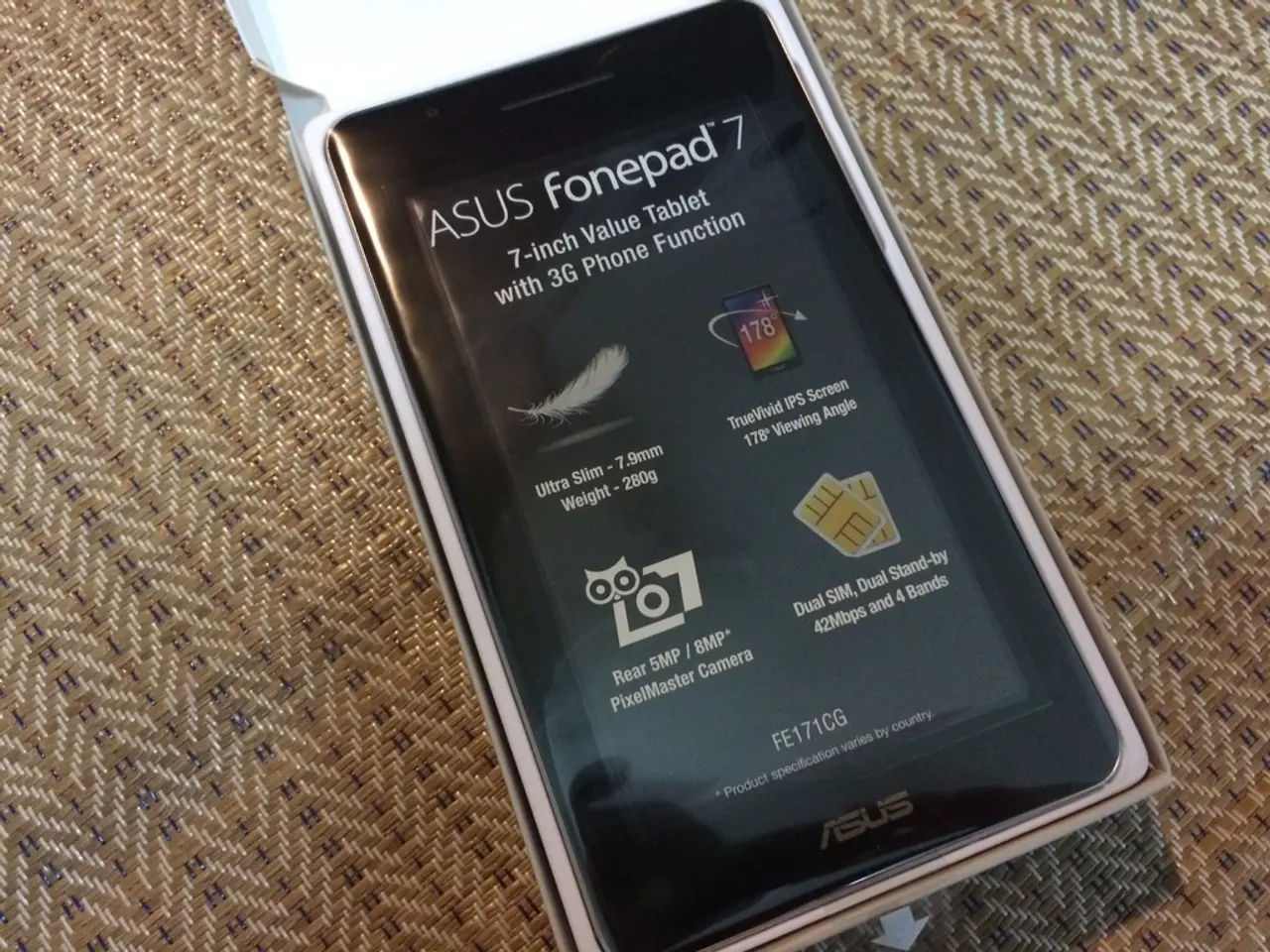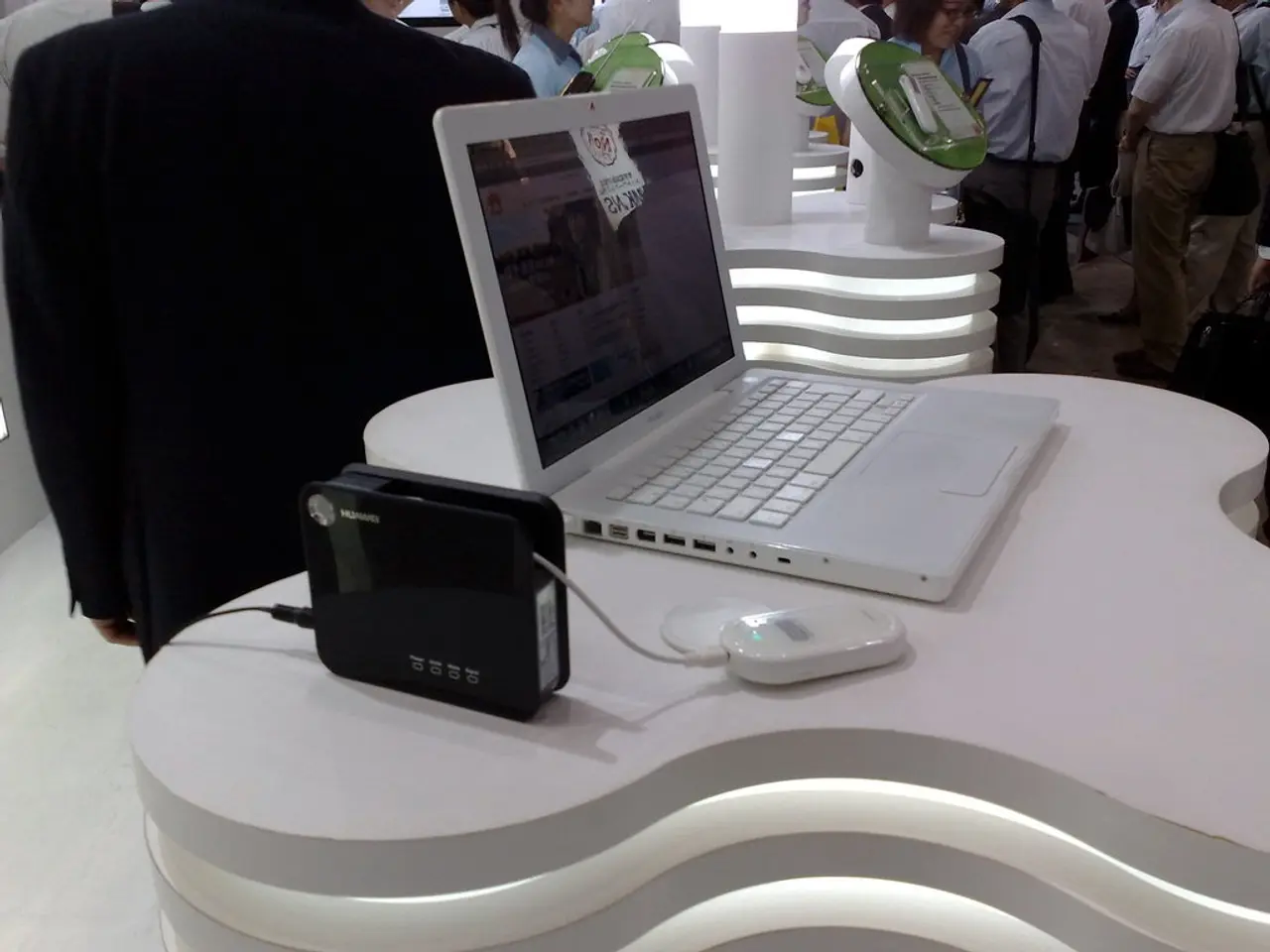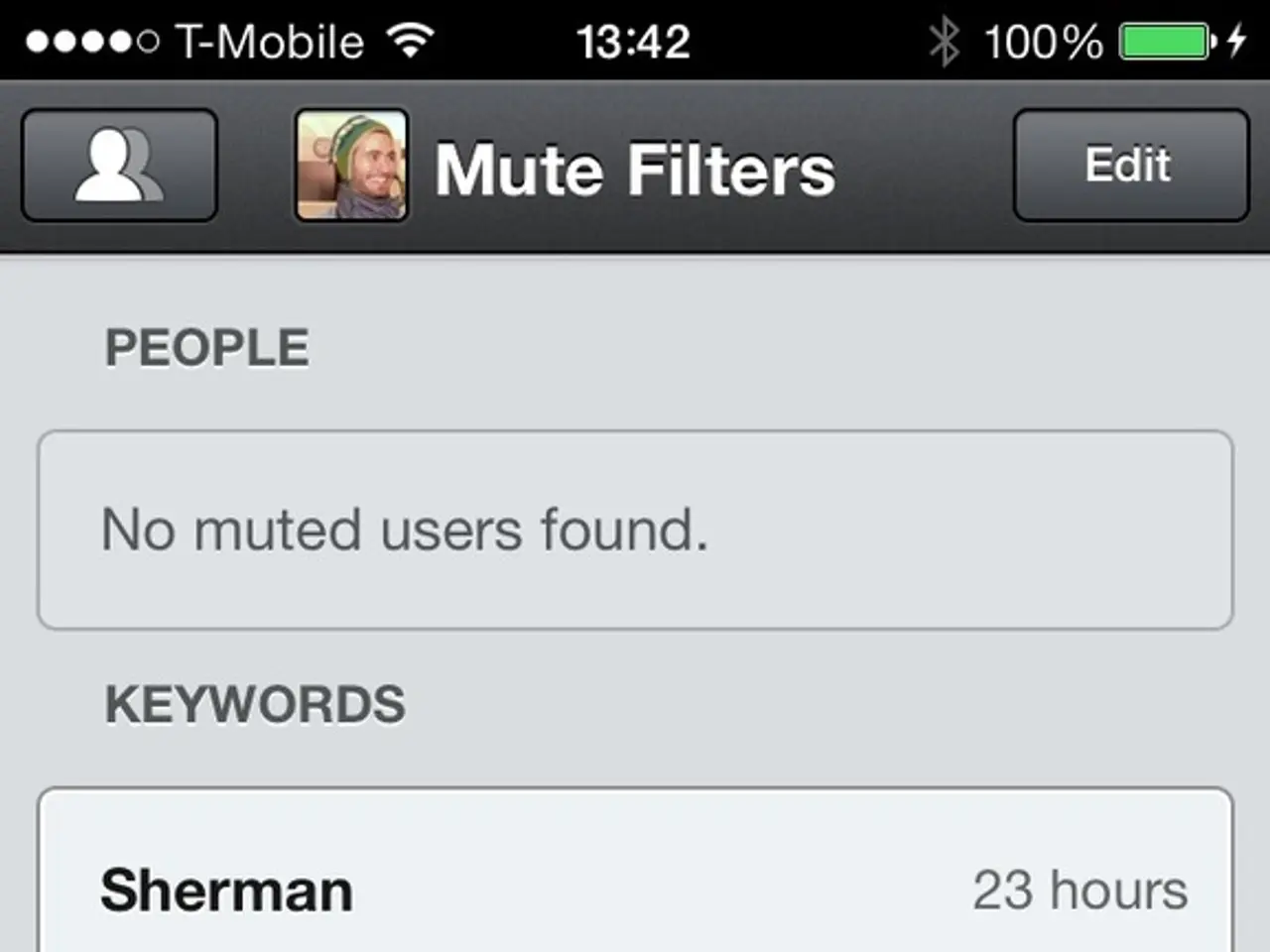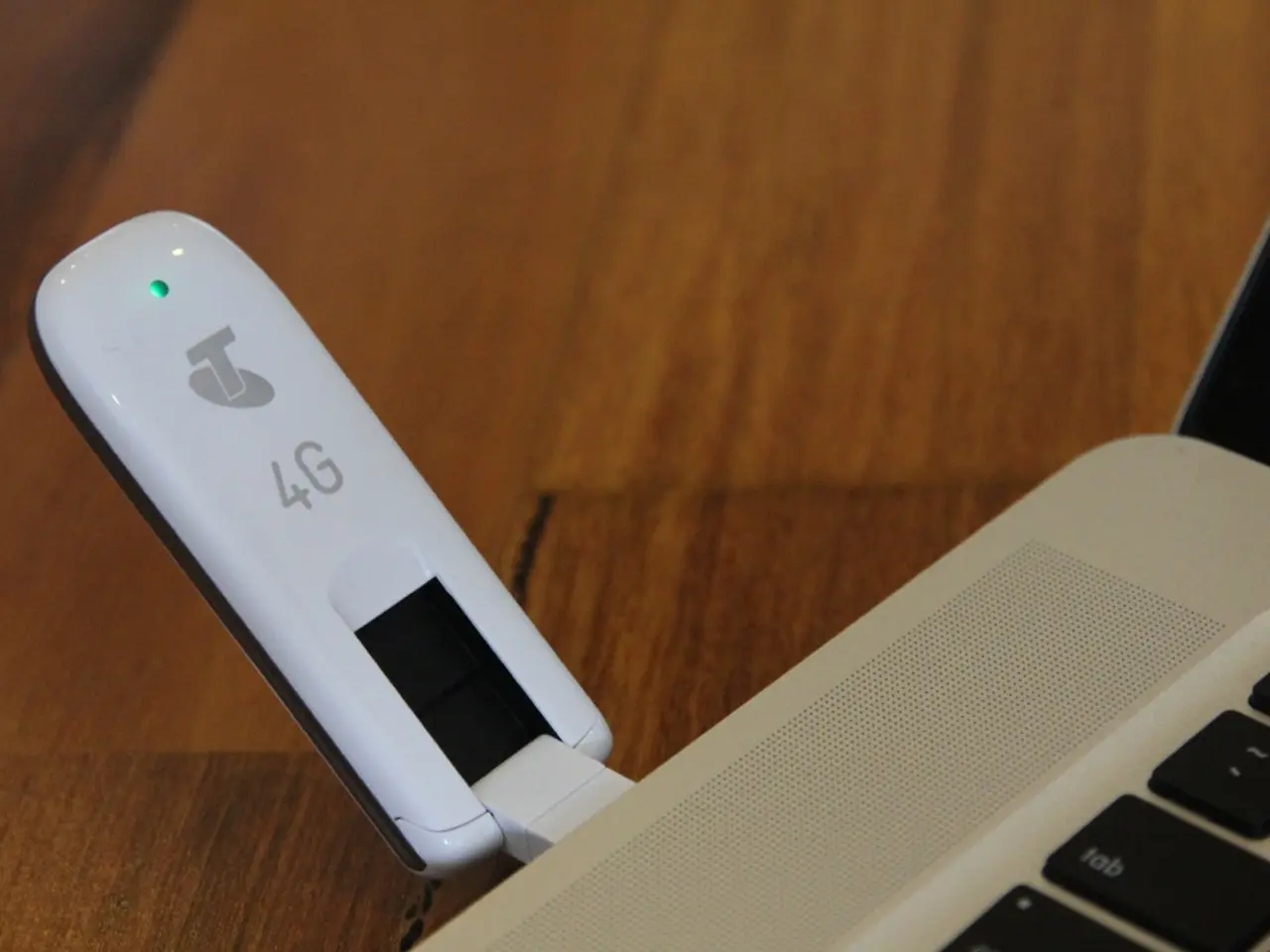Deceit or Authenticity: Guidelines for ensuring genuine purchases when acquiring an iPhone
Investing in an iPhone can be a pricey endeavor, leading some folks to seek more affordable alternatives. However, beware—these options might just be phony. Our site is here to guide you in distinguishing geniune iPhones from fakes.
In today's digital world, Kazakhs love iPhones for their user-friendly interface, top-notch cameras, remarkable system, and stylish appeal. Yet, the high price range can make new models out of reach for many.
To save a buck, people often turn to unofficial outlets, online marketplaces, and social media advertisements. Unfortunately, this raises the likelihood of receiving a bogus device. Even if it appears genuine with authentic-looking packaging, a realistic IMEI number, and sleek design, issues may surface down the line—focus issues with the camera, rapid battery drain, unresponsive sensors, lagging performance, or overheating. The conclusion is inescapable—you've been duped. So how do you dodge this predicament?
Authenticity Check
Visual Inspection
First impressions matter. The packaging is a dead giveaway. A genuine iPhone comes in a sturdy, neat box with clear printing and perfectly aligned edges. The Apple logo is printed sharply without any smudges or peeling. Look for inconsistencies in color, font, or text alignment; sometimes, the box might be slightly too large or small compared to the original.
New iPhones no longer come with a charger—only a cable, along with instructions and a SIM eject tool. Be wary if an adapter is included. Note the device's weight and quality of construction—all parts should fit snugly with no gaps. A genuine iPhone boasts a bright, natural display with a responsive sensor, smooth functioning buttons, and high-quality speakers. If there's any blurring, distortion, or image artifacts, you may be looking at a counterfeit.
IMEI Verification
Every genuine iPhone has a unique serial number and IMEI. Input the serial number or IMEI on Apple's official website, checkcoverage.apple.com. If the site states the device isn’t found, you're either dealing with a sham or a model designed for regions outside your country. Another surprise: even unactivated devices will be listed, but they’ll include a note about unexpired warranties.
Serial Number Matching
Ensure the serial number matches everywhere—on the box, the body of the iPhone, and within the device's settings. If the numbers differ even slightly, it's a red flag, as many fake serial numbers are designed to look legitimate.
Device Behavior Post-Activation
The differences become more apparent once the device is activated. Counterfeits may boot up, display the Apple logo, and even present somewhat familiar welcome screens. But unexpected issues can arise—the device may refuse to recognize your Apple ID or claim network problems.
Counterfeits may restrict access to the App Store or fail to synchronize with iCloud. On genuine iPhones, pre-installed apps cannot be deleted, only hidden. Plus, genuine iOS functions smoothly, quickly responds to user inputs, and opens applications without delay. Imitation iPhones, even if they resemble iOS aesthetically, may run Android with an iOS-like interface. Watch out for wonky icons, unusual menu arrangements, and subpar camera performance.
Smart Shopping Strategies
While the lure of a cheaper iPhone is strong, remember that a low price point is often a sign of a scam. Don't assume that high-priced retailers are merely trying to profit, while others are more honest.
Other indicators of questionable deals include the absence of documentation and warranties. Reputable dealers always provide receipts and warranty cards, without which you cannot access service or validate your purchase. Keep an eye out for sellers with no physical stores, websites, or substantial social media presence. If the seller refuses to meet you or arranges delivery without personal contact, there's a higher risk involved, and a counterfeit may be less damaging than other potential dangers.
A confident seller will not object to you testing the device, checking the serial number, logging in with your Apple ID, and testing the features. If you're given a sealed phone and not allowed to open it or verify its authenticity, that's a cautious flag.
Safest Places to Buy an iPhone
The Most Reliable Advice, Also Known for Ages, is to Purchase Technology from Official Stores or Trusted Dealers. While it may not always be cheap, rest assured you'll be purchasing the real deal with a warranty and support. In case of any issues, you can always return, ask questions, get a repair, or exchange. Here, you're not just paying for the device—you're also safeguarding your peace of mind.
It's essential to evaluate whether the dealer has a showroom, store, or pick-up point. If the seller has a physical presence where you can see the product, ensure quality, verify functionality, get documents, and warranty cards, that's a plus. Sellers that send phones via taxis are always a risk.
Beware of stores that disappear after the sale—a good store will have support, contact numbers, and be willing to help if any problems arise.
Avoiding Guesswork — Genuine or Fake?
To eliminate the guessing game, buy only from trusted stores that specialize in official technology with warranties. One such store is Kampit. They offer genuine iPhones, MacBooks, Apple headphones, Samsung devices, and Dyson vacuums. The offline store features the latest products, allowing you to check quality, device functionality, obtain documents, and warranty cards. This eliminates doubt and ensures that you are aware of exactly what you are paying for. It's particularly important, especially when purchasing a gadget as a gift, for a child, parent, or for work, to avoid buying a faulty product with unknown consequences.
In the realm of smartphones, sincere buyers might gravitate towards more budget-friendly alternatives to high-end models like the iPhone. However, it's crucial to be cautious, as these alternatives could potentially be counterfeit gadgets masquerading as genuine iPhones.
When shopping for an iPhone, always verify the device's authenticity through visual inspections, IMEI verification, and testing the device's performance post-activation. Reputable dealers will not object to these checks and will even provide documentation and warranties. So, whether you're venturing into a physical store or online marketplace, always prioritize buying from reliable outlets, such as official stores or trusted dealers, to ensure you're investing in technology that's both economical and legitimately smart.





